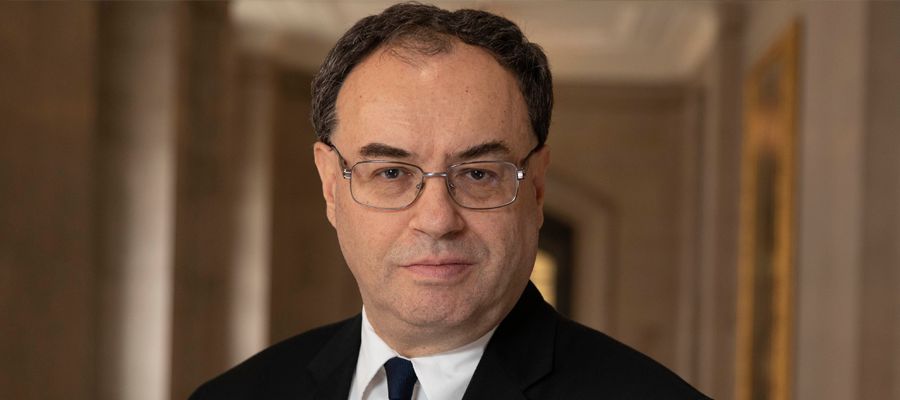The world is starting to make its first ever exit from Quantitative Easing.
- Monday, December 4, 2023
 The world has moved quite decisively from low inflation and declining interest rates to quite the opposite. This transition has brought greater economic volatility with the risk premium of holding equity assets haven risen. We are now potentially coming to the end period of high inflation and interest rates look as if they may have peaked. With this comes some investor optimism, that we have endured the pain and better times are ahead.
The world has moved quite decisively from low inflation and declining interest rates to quite the opposite. This transition has brought greater economic volatility with the risk premium of holding equity assets haven risen. We are now potentially coming to the end period of high inflation and interest rates look as if they may have peaked. With this comes some investor optimism, that we have endured the pain and better times are ahead.
We must still be cautious because as the world economy slows, it will flirt with recession and endure the lag impact of high interest rates.
2024 will be a year influenced by elections both here in the UK and in the US. In the run up to these elections, there will be a political desire to maintain high budget deficits. Markets will start to price in this spending. The cost of capital as measured by gilt yields will be a theme of the year ahead.
Much of what has surprised central banks and financial markets through 2022 and 2023 comes from the lack of experience and past knowledge over the impact a pandemic would have upon the global economy. As we enter 2024, we should start to gain clarity over what a post pandemic world will look like and what the optimal rate of interest should be for this new environment.
Markets, analysts, and policy makers have been wrong about recession recently as the global economy has been quite resilient despite the circumstances. We now have forecasts of a ‘soft landing’ as far as the economy is concerned, where the recent rate hikes and tightening of fiscal policy has done enough to gradually return the economy and labour markets to close to a normal standing.
There are still areas of the economy that are of concern and that could have a greater negative impact. One is the levels of free savings that have been drained and with-it consumer spending, raising unemployment, and that the cost of re-financing is far higher. If there are signs of recession then central banks may seek to cut rates earlier to support the economy. These are the factors that emanate from the lag between rate rise and its effect on the real economy.
There are signs of recession in Europe and for this reason it is expected that the ECB may be first to cut rates in 2024. This is then likely to be followed by the Fed.
Markets are becoming more optimistic about a soft landing. The decision to keep rates high to reduce inflation seems to have worked. Once the Fed and other central banks are comfortable that the fight is won, they will respond by loosening policy and ease the costs to households and business.
Policy makers will continue to test the financial system as the world makes its first ever exit from Quantitative Easing. There is much about this process that we do not know as it has not been done before. The selling back into the market of US$ trillions of maturing or pre mature gilts and bonds by central banks will remove cash from the global economy and that impact and process in both unknown and undone before.

Chris Davies
Chartered Financial AdviserChris is a Chartered Independent Financial Adviser and leads the investment team.
About Estate Capital
Financial Services
Our Contacts
7 Uplands Crescent,
Swansea, South Wales,
SA2 0PA.
Tel: 01792 477763
